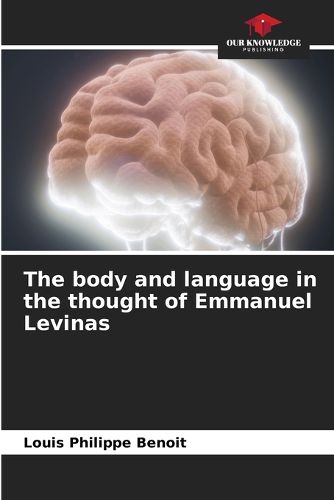Readings Newsletter
Become a Readings Member to make your shopping experience even easier.
Sign in or sign up for free!
You’re not far away from qualifying for FREE standard shipping within Australia
You’ve qualified for FREE standard shipping within Australia
The cart is loading…






So in a more classical way, since Aristotle, man has been defined as an animal gifted with language, Levinas's thought leads us to think of a new humanism, in the structures of otherness, passivity, openness, proximity, exposure and responsibility. From the outset, man, as a being of language, is also a being "of flesh and blood". Thus, he is known as a being of flesh and language. To think about subjectivity, we must think of it as a territory, made up of two domains: body and language. It is from the body that we can discover the concreteness of man. It is from language that we can send him an address, a summons and also respond to this address. The new humanism, the humanism of the other man, thus is of body and language, like "his two hands of the humble creature", is assigned to responsibility for oneself and for others. The experience of the body and language are the two pillars which allow us to think about the interhuman relationship, necessary for an experience of transcendence and its significance.
$9.00 standard shipping within Australia
FREE standard shipping within Australia for orders over $100.00
Express & International shipping calculated at checkout
So in a more classical way, since Aristotle, man has been defined as an animal gifted with language, Levinas's thought leads us to think of a new humanism, in the structures of otherness, passivity, openness, proximity, exposure and responsibility. From the outset, man, as a being of language, is also a being "of flesh and blood". Thus, he is known as a being of flesh and language. To think about subjectivity, we must think of it as a territory, made up of two domains: body and language. It is from the body that we can discover the concreteness of man. It is from language that we can send him an address, a summons and also respond to this address. The new humanism, the humanism of the other man, thus is of body and language, like "his two hands of the humble creature", is assigned to responsibility for oneself and for others. The experience of the body and language are the two pillars which allow us to think about the interhuman relationship, necessary for an experience of transcendence and its significance.